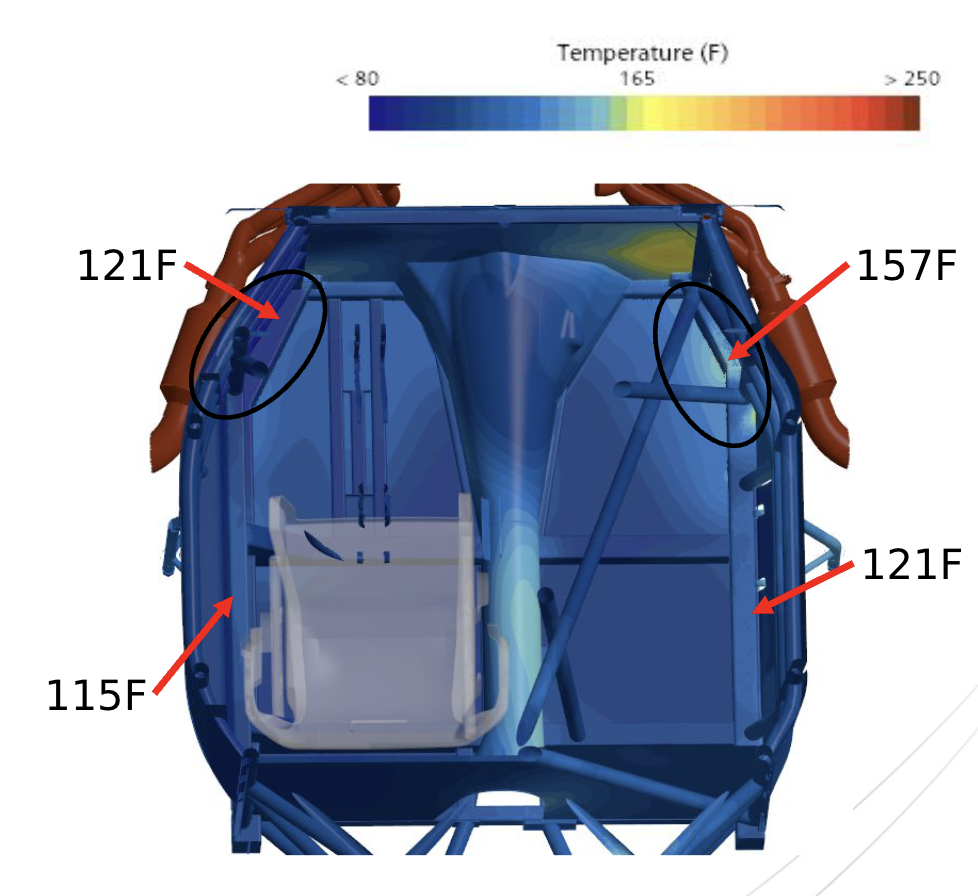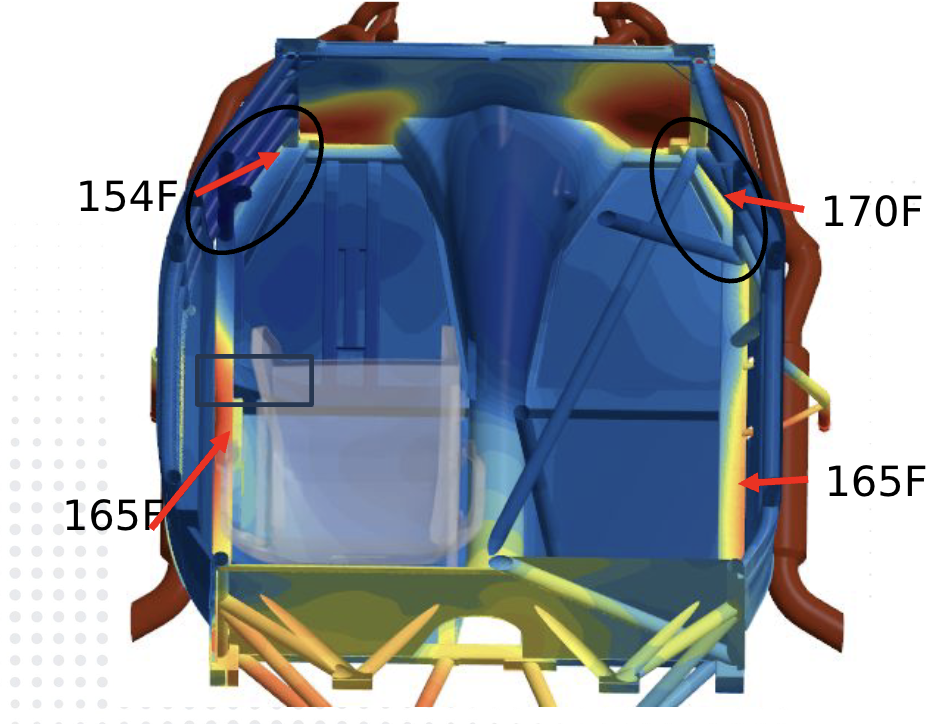The Ohio Supercomputer Center (OSC) has released a new case study showcasing its pivotal role in helping TotalSim enhance the thermal management systems for NASCAR’s NextGen race cars. The case study, titled Accelerating Innovation: OSC Helps Power TotalSim’s Thermal Management Solutions for NASCAR’s NextGen Race Cars, details how OSC’s computational power enabled TotalSim to quickly and efficiently address a critical challenge: managing excessive heat in the driver’s cabin of the newly designed race car.
The introduction of NASCAR’s NextGen race car in 2022 marked a major shift in vehicle design, including a closed flat floor that restricted airflow underneath the car, leading to higher cabin temperatures. These rising temperatures posed a risk to driver comfort and performance. TotalSim, a leader in computational fluid dynamics (CFD), was tasked with finding a solution to this problem in a compressed timeline—a challenge that required massive computational resources beyond what TotalSim’s in-house capabilities could provide.
The collaboration between OSC and TotalSim was essential to test multiple design solutions in a short period. Greg Padgett, Senior CFD Engineer at TotalSim, led the project, utilizing OSC’s powerful computational resources to simulate and test various cooling designs. Among the proposed solutions was a new exhaust system, designed to redirect heat away from the cabin, as well as exhaust and sealing panel modifications to prevent heat recirculation.


Using OSC’s Siemens Simcenter STAR-CCM+ software, TotalSim ran detailed simulations that modeled heat transfer—conductive, convective, and radiative—across the car’s materials. These simulations took into account not just the new exhaust system but also the complex behavior of air as it interacts with components like carbon fiber panels and reflective films. OSC’s vast computing power enabled these simulations to be run quickly, allowing TotalSim to assess multiple design variations within the tight deadlines of the racing season.
“The computing power OSC provided allowed us to process the results in a fraction of the time it would have taken with our in-house resources,” Padgett said. “With their help, we were able to meet NASCAR’s timeline and ensure the accuracy of our findings.”
The impact of this work is already being felt on the track. The design changes, validated through simulations and track tests using Forward Looking Infrared (FLIR) data, have been successfully implemented in the NextGen cars, helping to improve cabin comfort and driver endurance during races. With TotalSim’s expertise and OSC’s computational resources, NASCAR was able to resolve the thermal management challenge in just a few months, showcasing the power of high-performance computing in the world of motorsports.
The case study highlights the growing importance of supercomputing in industries like motorsports, where speed and precision are paramount.
Read TotalSim’s full case study from the project here.
Watch TotalSim’s webinar, Enhancing Cabin Comfort Through Advanced Thermal Management, to have Senior Engineer Greg Padgett walk through the project.
